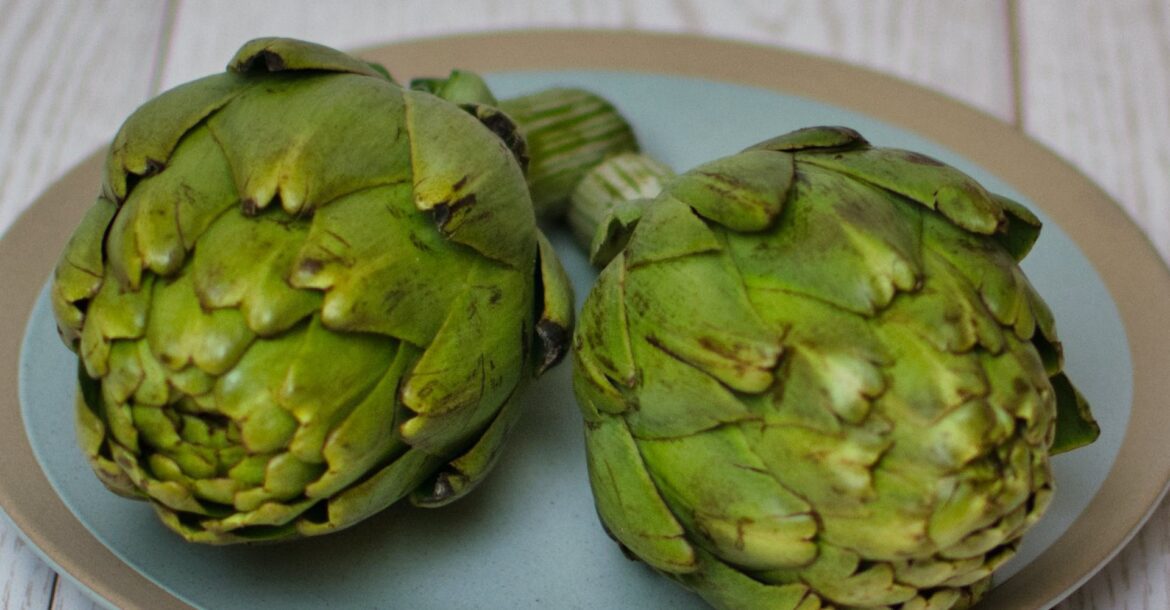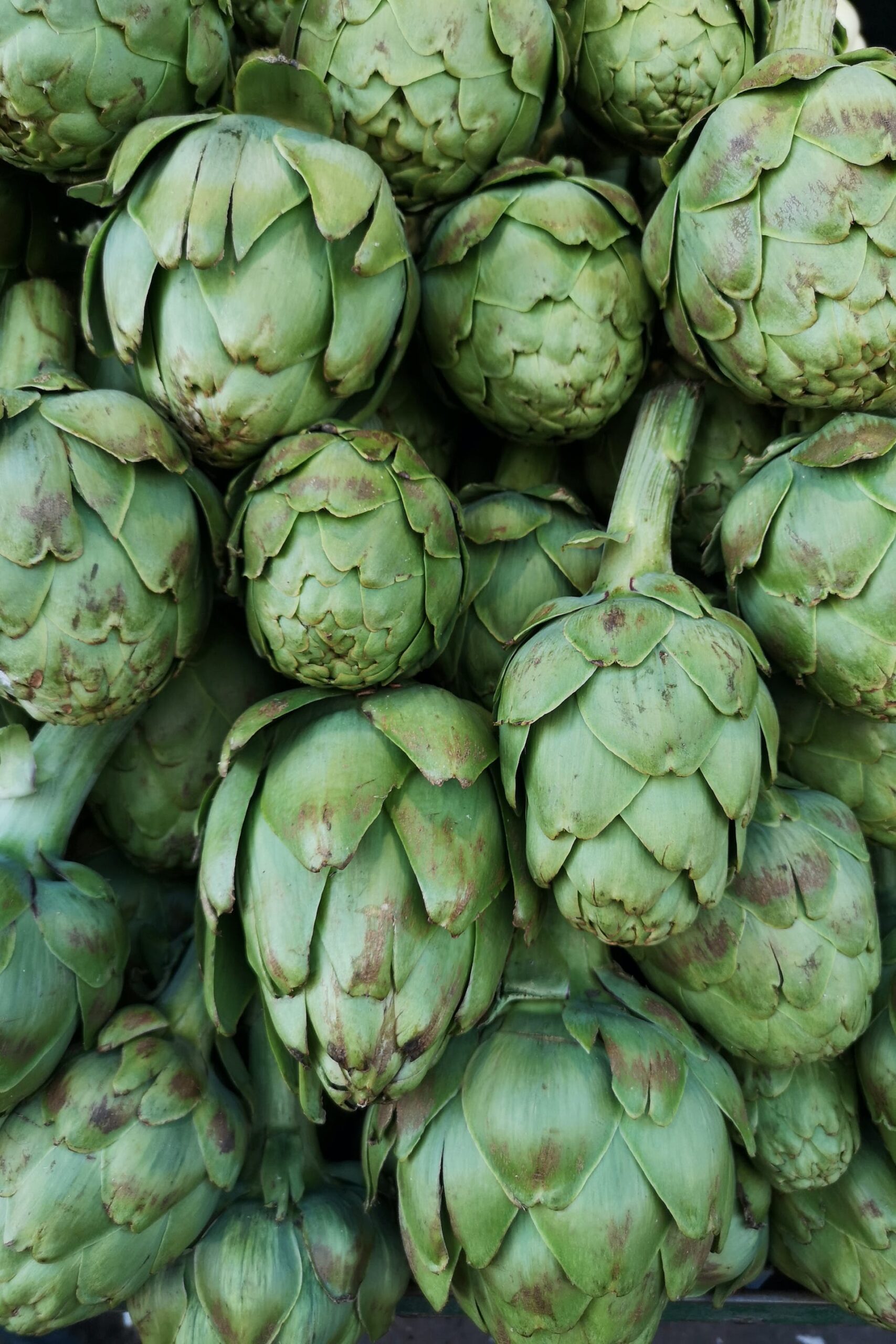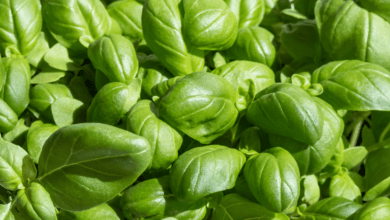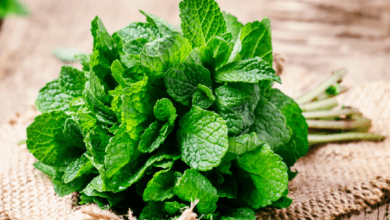
Introduction to Artichokes
Welcome to the comprehensive guide to the health benefits of artichokes. Artichokes, scientifically known as Cynara cardunculus, are a type of thistle known for their tender hearts and meaty leaves. Originating from the Mediterranean region, they have been valued for their culinary and medicinal properties for centuries. The artichoke plant is a member of the sunflower family and is cultivated mainly for its edible flower buds. Whether you are a culinary enthusiast or someone looking to enhance your overall well-being, understanding the nutritional value and health benefits of artichokes can be a game-changer.
Nutritional Value of Artichokes
Artichokes are a nutritional powerhouse, packed with essential vitamins, minerals, and antioxidants. They are low in fat and calories, making them an excellent choice for those looking to maintain a healthy weight. A medium-sized artichoke provides a good amount of dietary fiber, which is crucial for digestive health and can help in managing cholesterol levels. Additionally, artichokes are rich in vitamins C and K, both of which play vital roles in supporting the immune system and maintaining bone health.
When it comes to minerals, artichokes are a good source of potassium, an essential electrolyte that helps regulate blood pressure and support proper muscle function. They also contain magnesium, an important mineral that contributes to energy production and nerve function. Furthermore, artichokes are loaded with antioxidants such as quercetin and rutin, which have anti-inflammatory and heart-protective properties. By incorporating artichokes into your diet, you can enjoy a wide array of nutrients that promote overall health and well-being.
Health Benefits of Consuming Artichokes
The consumption of artichokes is associated with a myriad of health benefits. One of the most notable benefits is their potential to support liver health. Artichokes contain compounds like cynarin and silymarin, which have been studied for their ability to promote liver function and protect against liver damage. These compounds stimulate the production of bile, aiding in the digestion and absorption of fats, and may help in alleviating symptoms of indigestion and bloating.
Moreover, the high antioxidant content in artichokes makes them beneficial for heart health. Antioxidants help combat oxidative stress and inflammation, which are contributing factors to cardiovascular disease. Studies have shown that regular consumption of artichokes may help in lowering levels of “bad” LDL cholesterol and increasing “good” HDL cholesterol, thereby reducing the risk of heart disease. Additionally, the potassium content in artichokes can contribute to maintaining healthy blood pressure levels, further promoting cardiovascular wellness.
In addition to liver and heart health, artichokes have been found to have potential anti-cancer properties. The antioxidants and phytonutrients present in artichokes have been studied for their ability to inhibit the growth of cancer cells and protect against DNA damage. Furthermore, the high fiber content in artichokes can aid in promoting a healthy digestive system and may contribute to reducing the risk of colon cancer. Incorporating artichokes into your diet can be a valuable step towards supporting your body’s natural defense mechanisms against chronic diseases.
Also read: The Health Benefits of Sweet Potatoes
Artichokes in Traditional Medicine

Throughout history, artichokes have been used in traditional medicine for their therapeutic properties. In ancient times, they were valued for their digestive benefits and were used to alleviate symptoms of indigestion and promote healthy liver function. The leaves of the artichoke plant have been traditionally brewed into a tea, which was believed to stimulate bile production and support the detoxification processes of the liver.
Moreover, artichoke extracts have been used in herbal medicine as a natural remedy for conditions such as dyspepsia, a term used to describe symptoms of indigestion and discomfort in the upper abdomen. The compounds found in artichokes, particularly cynarin, have been studied for their potential to relieve symptoms of dyspepsia and improve overall digestion. While modern research continues to explore the therapeutic properties of artichokes, the historical use of this versatile plant in traditional medicine reflects its enduring reputation as a natural health aid.
Incorporating Artichokes into Your Diet
Now that you are aware of the nutritional and health benefits of artichokes, it’s time to explore how you can incorporate this versatile vegetable into your diet. Artichokes can be enjoyed in various ways, from simple steaming and grilling to being a flavorful addition to salads, pasta dishes, and dips. Their unique flavor and meaty texture make them a versatile ingredient that can elevate the taste and nutritional profile of your meals.
One popular way to enjoy artichokes is by preparing stuffed artichoke hearts. This involves removing the tough outer leaves and fuzzy choke, leaving behind the tender heart, which can be filled with a delicious mixture of breadcrumbs, herbs, and cheese. Another option is to add artichoke hearts to pizzas, sandwiches, or omelets for a burst of flavor and nutrition. Additionally, artichoke hearts can be marinated and used in antipasto platters, adding a delightful touch to your appetizer spread.
For a simple and nutritious side dish, steamed artichokes paired with a tangy dipping sauce can be a delightful addition to any meal. Steaming artichokes helps preserve their delicate flavor and nutrients, making it a healthy and hassle-free cooking method. Whether you are a seasoned cook or just starting to explore the world of culinary delights, integrating artichokes into your diet can open up a world of delicious and healthful possibilities.
Also read: From Kitchen Staple to Superfood: Unearthing the Surprising Health Benefits of Onions
Cooking and Preparing Artichokes
When it comes to cooking and preparing artichokes, a few simple techniques can help you make the most of this delightful vegetable. Start by selecting artichokes that are firm and heavy for their size, with tightly packed leaves and a vibrant green color. Before cooking, rinse the artichokes under cold water to remove any dirt or debris that may be trapped between the leaves. Then, using a sharp knife, trim the stem and the top third of the artichoke to remove the thorny tips of the leaves.
To prepare artichokes for steaming or boiling, you can gently spread the leaves apart to create space for seasoning and allow the heat to penetrate the inner layers. Once cooked, the leaves can be easily pulled off and dipped into your favorite sauce. For stuffed artichoke hearts, carefully remove the tough outer leaves and use a spoon to scoop out the fuzzy choke, leaving behind the prized heart. This can be done with a gentle hand, ensuring that the tender heart remains intact for filling and cooking.
In addition to traditional cooking methods, artichokes can be grilled to impart a smoky flavor and enhance their natural sweetness. Before grilling, it’s recommended to parboil the artichokes to soften them and infuse them with aromatic flavors. Once parboiled, the artichokes can be brushed with olive oil, seasoned with herbs and spices, and placed on a hot grill until they develop charred marks and a caramelized exterior. Grilled artichokes can be served as a standalone appetizer or added to salads and pasta dishes for a touch of smoky goodness.
Buying and Storing Artichokes
When purchasing artichokes, it’s essential to choose ones that are fresh and in prime condition. Look for artichokes with tightly packed leaves and a vibrant green color, indicating their freshness. The leaves should not appear wilted or dried out, and the stem should feel firm to the touch. Additionally, if you gently squeeze the artichoke, it should produce a slight squeak, which is a sign of freshness.
To store artichokes, you can place them in the refrigerator in a perforated plastic bag to maintain their moisture and freshness. It’s best to use them within a few days of purchase to enjoy them at their peak. If you plan to store them for a longer period, you can trim the stem, wrap the artichokes in damp paper towels, and place them in an airtight container before refrigerating. This helps to prevent moisture loss and preserve the quality of the artichokes until you are ready to use them.
In conclusion, artichokes are not only a delicious culinary ingredient but also a valuable source of essential nutrients and health-promoting compounds. By incorporating artichokes into your diet, you can enjoy their numerous health benefits, from supporting liver and heart health to providing valuable antioxidants and fiber. Whether you are a fan of traditional Mediterranean cuisine or are looking to explore new flavors, artichokes offer a versatile and nutritious addition to your culinary repertoire. So, why wait? Embrace the goodness of artichokes and elevate your health and well-being with this exceptional vegetable.
Are you ready to reap the incredible health benefits of artichokes? Don’t miss out on the opportunity to enhance your well-being with this versatile and nutritious vegetable. Incorporate artichokes into your diet and savor the delicious flavors while nourishing your body. It’s time to eat artichoke and experience a world of culinary and healthful delights!






